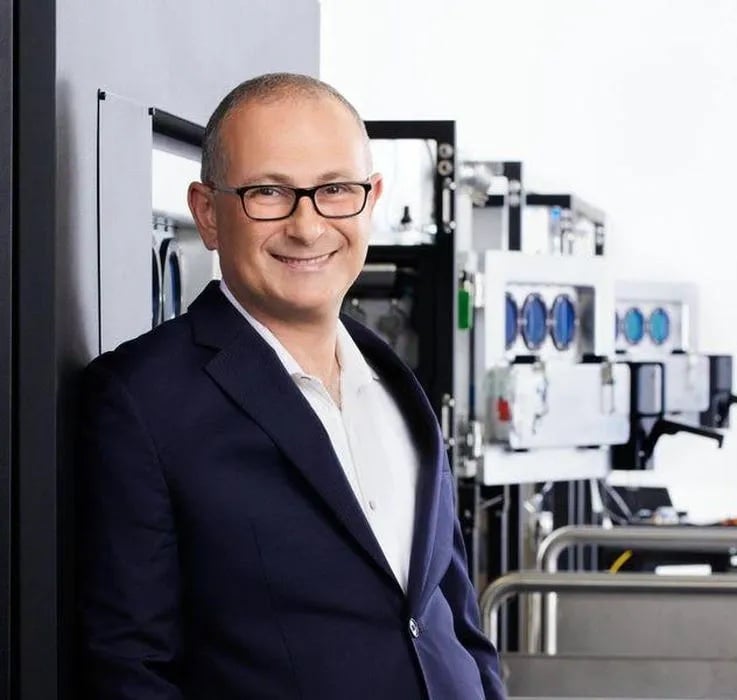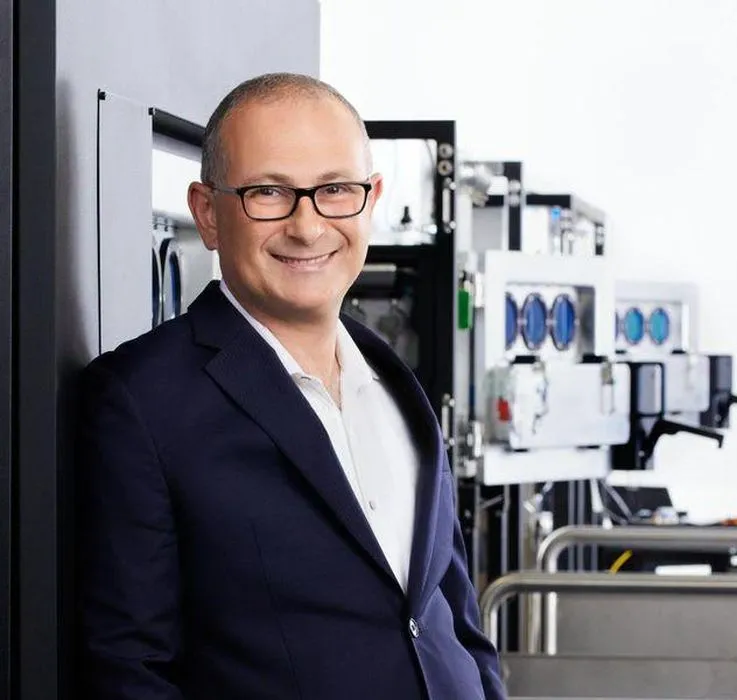
A post by VELO3D CEO Benny Buller described the refreshing culture he and his team use at that company.
These days things are quite competitive in business, and that’s particularly the case in the 3D print world. Our industry is undergoing a rapid transformation from the prototyping world of the past to the large-scale manufacturing world of the future.
It’s a pivotable moment in industry history, and smart companies are scrambling to ensure they have a place — and preferably a big place — in that manufacturing future. The pressure is indeed “on”.
Some companies simply push their teams harder and harder, and that may even be successful — in the short term. However, there are other ways to run a company that should be successful, not only for the company but also the individuals in the company.
Buller wrote his thoughts on VELO3D’s approach in a post on the World Economic Forum site, in the categories of “Future of Work” and “Workforce and Employment”. The description of the how “work works” at VELO3D is fascinating, and could be a signal to others in the industry.
I strongly encourage you to read Buller’s piece, whether you are in the 3D print industry or not, as his principles should apply to any business.
Buller focuses on the notion of ethics, something many companies seem to have forgotten these days. Lack of ethics inevitably results in conflict, lower productivity, unfriendly environments, staff turnover, narrowing viewpoints, recruiting challenges, corruption and even legal action. It’s something you definitely want to avoid.
However, as Buller brilliantly explains:
“I’ve found that when ethical problems arise, it is usually because people are trying to achieve important goals but lose their way. This is why it is so important for work cultures to operate with radical transparency.”
This is the case. I’ve personally witnessed (and likely many readers have as well) cases where the fortunes of the company seem to override everything else and that’s when the troubles begin.
So how does VELO3D manage this problem in their operation? Buller described a number of critical steps they’ve taken, including:
- Team members are normally separated in the building and sit with others to gain an appreciation of their work and not become an isolated group
- Every workstation is very similar and there is no hierarchy of offices
- Calendars are all open for anyone to see agendas and attendees — and even documents for the meetings
- No one can eat lunch at their desks, and instead “social spaces” are used to enable staff to share thoughts
Buller has an “open door policy”, but takes steps to ensure that it is functionally “real”. He regularly meets with small groups of staff to hear their concerns and feedback, for example.
Buller explains how this works:
“I take a proactive approach. In meetings with me, employees may discuss things that are going well, but they must come prepared to discuss any concerns they have. I take every concern seriously and take action on it. I also insist that they never worry about “stepping on someone else’s toes”. Employees can and should mention anything, even if it does not involve their department. When I speak with managers, I also ask them about concerns and problems their employees have brought to them and what steps they’ve taken in response.”
This very open and transparent approach is also present with VELO3D’s board of directors. Buller’s approach to his board is to “tell them everything!”
This is quite different from my experience, where a majority of CEOs tend to hide bad things and only talk about positive events. In the worst cases, some CEOs effectively control their boards by manipulating the information board members are allowed to see.
That doesn’t seem to be the case for VELO3D, and honestly, it sounds like a very attractive place to work.
A team in that environment would no doubt be quite powerful, and that’s something VELO3D’s competitors might take note of. I’m hoping other 3D printer manufacturers adopt some of these transparent practices, enough that it becomes the norm in the industry.

